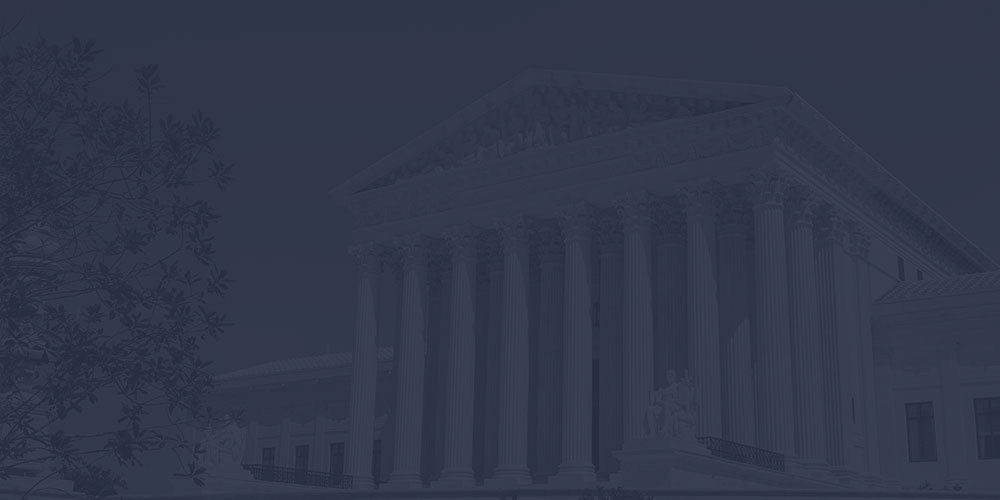It is impossible to walk through your neighborhood these days without invariably seeing at least one delivery driver dropping off packages, food, or passengers. More often than not, these delivery drivers are operating personal vehicles, and you have to wonder whether they are appropriately insured for the risk they are taking. Recent case filings in Missouri are reflective of the trend to go beyond the individual driver and seek to include the “employer” in lawsuits arising out of the negligence of delivery drivers.
A ”prime” example of these trends centers around Amazon’s rapid expansion into the logistics industry, which has revolutionized package delivery, making it faster and more accessible than ever before. However, this growth has also brought increased scrutiny of Amazon’s delivery operations, particularly its use of third-party contractors through the Delivery Service Partner (DSP) program. Recent high-profile verdicts, such as the $44.6 million award in Shaw v. Amazon, highlight a significant shift in how courts and juries are holding Amazon accountable for accidents caused by delivery drivers. These cases expose the blurred lines between independent contractors and employees, raising important questions about corporate responsibility and consumer safety.
The issue lies in Amazon’s tight control over its DSPs and drivers, from setting delivery routes to monitoring driving behavior through proprietary technology. While Amazon has long maintained that DSPs are independent contractors, the evidence presented in court cases reveals an employer-level influence over daily operations. This expanding liability signals a potential new legal landscape for gig economy giants and raises the stakes for companies relying on similar delivery models. For Amazon, the consequences extend beyond financial penalties, as these cases could reshape its operational practices and its relationship with delivery drivers.
A recent case out of South Carolina, Shaw v. Amazon, highlights the expanding liability profile of these incidents. The Shaw case centered around a significant accident in which a motorcyclist suffered severe injuries after a collision with an Amazon delivery van driven by an employee of MJV Logistics, an Amazon Delivery Service Partner (DSP). Shaw sued both Amazon and MJV Logistics, arguing Amazon’s liability due to the degree of control it exerted over DSPs and its drivers. The jury ultimately awarded Shaw $44.6 million, including $30 million in punitive damages, holding Amazon accountable under vicarious liability and gross negligence in hiring and supervision.
Key points of the case included several issues, which can easily be expanded beyond South Carolina, and into Missouri and Illinois courts:
Control and Monitoring: Amazon’s control over DSPs and drivers was central to the plaintiff’s argument. Evidence revealed Amazon owned the van involved, set the driver’s route, and required the use of eDriving, a monitoring app that tracked driving behavior, including speeding and distracted driving. The driver had over 90 instances of distracted driving recorded by this app, including high data usage consistent with video watching on the day of the accident.
Negligent Hiring and Supervision: The forensic examination of the driver’s phone showed a pattern of risky behavior, including distracted driving and social media use while on duty. The plaintiffs argued that Amazon’s failure to install available technology, such as safety cameras in all vehicles, and to conduct thorough background checks contributed to the incident.
Legal Implications: This case highlights the potential for Amazon’s classification of DSPs as independent contractors to be contested in court. Despite Amazon’s claim that DSPs are “independent,” the jury’s decision implies that Amazon’s level of control over delivery operations could establish agency relationships, opening the door to future lawsuits by those injured in DSP-related accidents.
The legal strategy for plaintiffs in similar cases now likely includes emphasizing Amazon’s control over day-to-day operations, its use of monitoring technology, and the oversight practices that might establish liability. These arguments could form a blueprint for holding Amazon accountable in future accidents involving their subcontracted delivery drivers.
As lawsuits targeting Amazon and similar companies become increasingly sophisticated, the stakes for defending against claims of vicarious liability and negligence are higher than ever. Partnering with a skilled defense law firm can make all the difference in navigating these complex cases. Experienced legal teams understand the intricacies of agency law, contractor classifications, and the technological evidence often central to these disputes. By thoroughly investigating the facts, challenging weak points in plaintiffs’ arguments, and leveraging expertise in corporate liability, a skilled defense firm can protect businesses from undue liability. Effective defense strategies not only mitigate financial exposure but also safeguard a company’s reputation and its ability to operate efficiently in a competitive marketplace.



